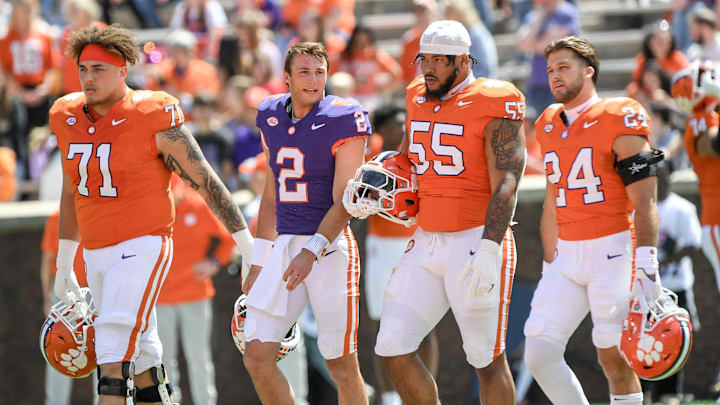Will walk-ons go away?
This is one question that has a lot of people concerned, including Clemson Football head coach Dabo Swinney, who was a walk-on. There has been discussion that this settlement could include ending the policy of allowing walk-on players.
While this idea strikes a nerve with a lot of fans, there is logic behind the concept.
If walk-ons were allowed at the same time revenue sharing was put in place, a school could simply share enough revenue with the athlete to cover their tuition and expenses, essentially making the walk-on a de facto scholarship athlete.
Think about it this way: this source says the average cost of tuition is around $26,000 per year. For other expenses, let's set it at $35,000 per year. At that rate, a school could essentially offer up to 571 extra scholarships for their athletic programs if they chose to do so.
We know schools would not dedicate the entire amount to extra de facto scholarships – I illustrated that simply to make a point - but they likely would dedicate some of it towards enticing more athletes to their programs.
There might still be time for someone to come up with a reasonable solution to the walk-on concern. Keep your fingers crossed.
Next: Will this settlement bring anti-trust protection?
